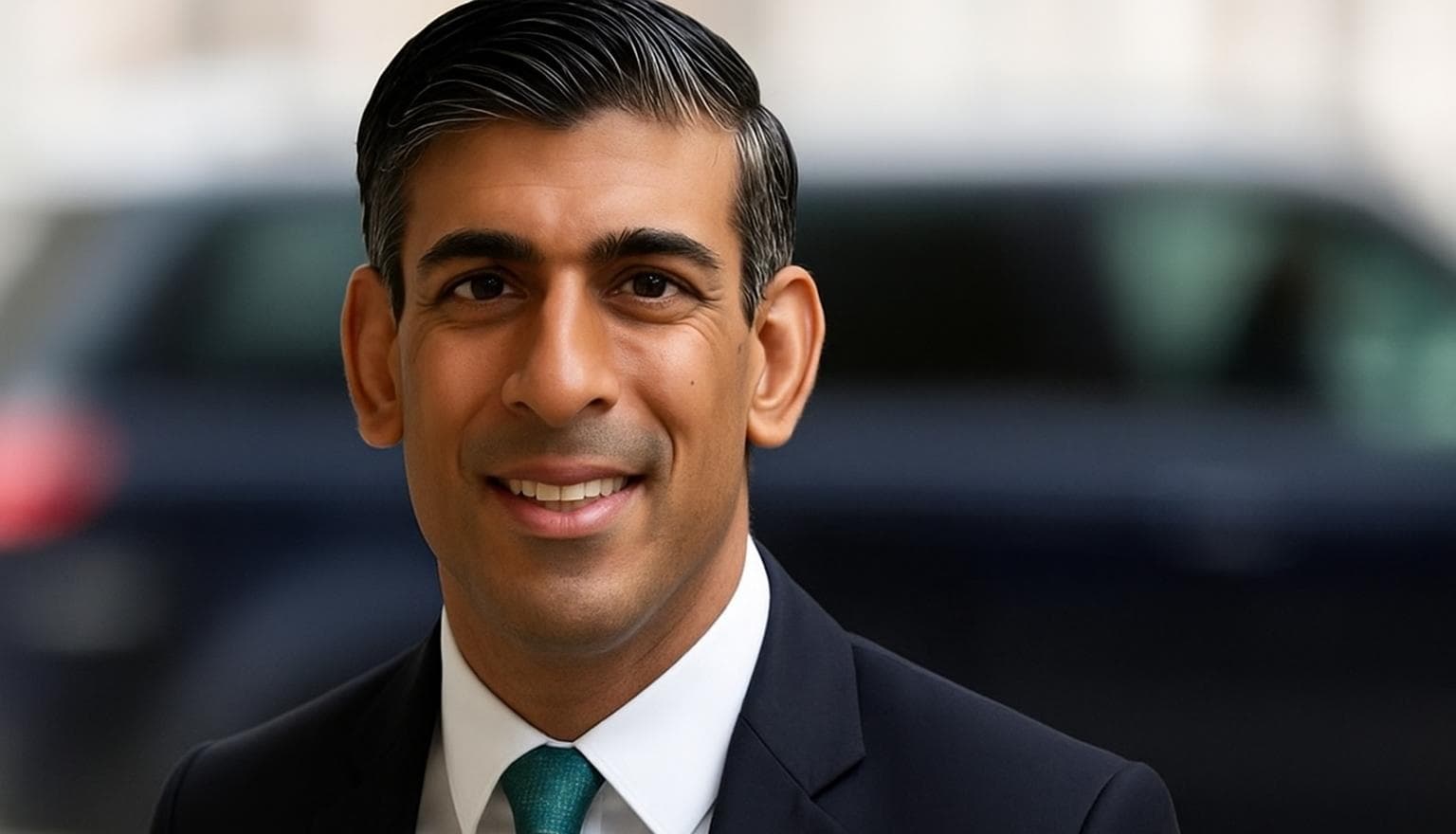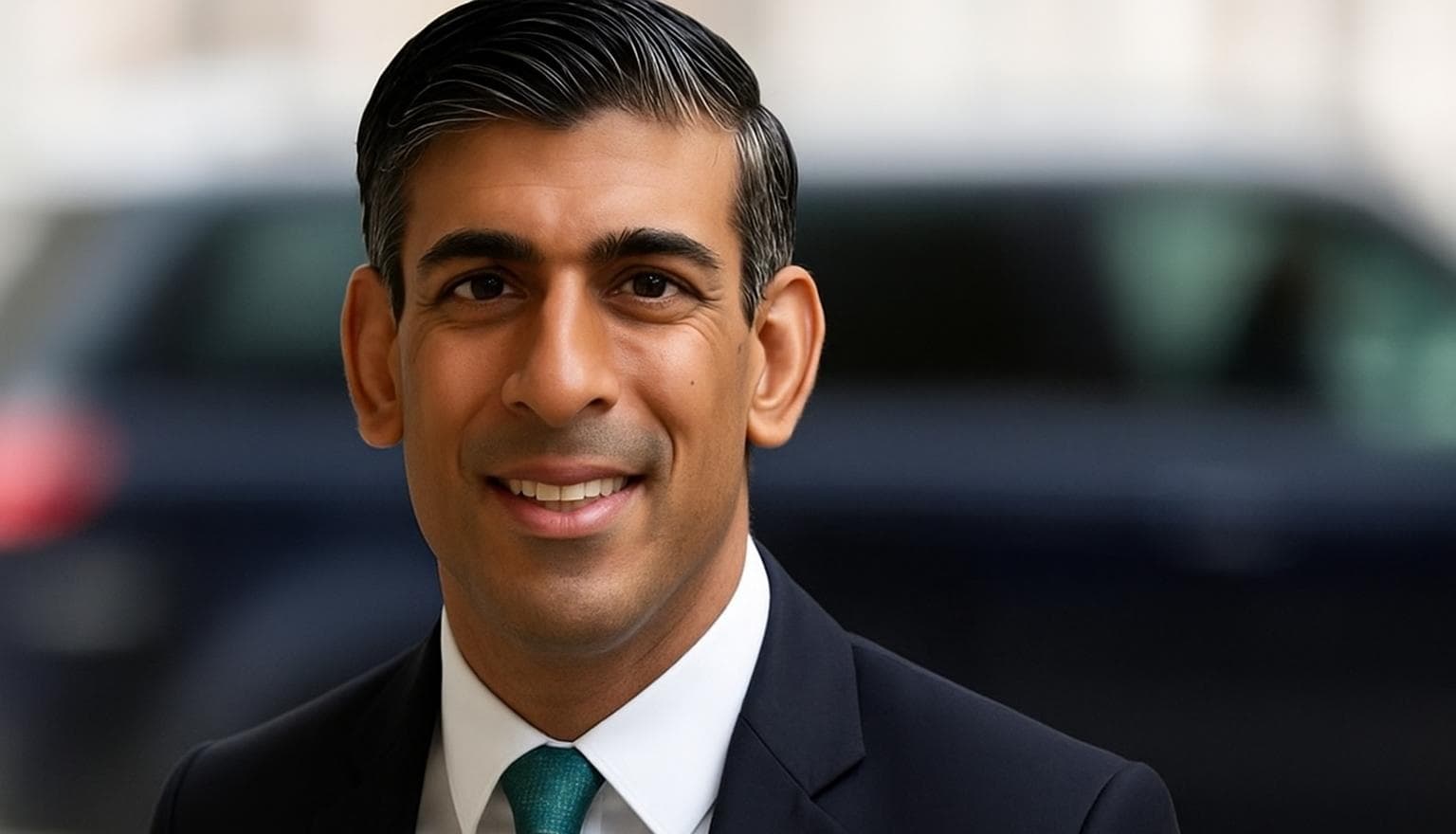UK Moves to Lower Voting Age from 18 to 16 in Landmark Electoral Reform
In a bold step signaling potential transformation of the United Kingdom’s democratic landscape, lawmakers are actively debating a proposal to reduce the voting age from 18 to 16. This shift represents one of the most significant electoral reforms in decades, aiming to amplify youth voices in national elections and political decisions.
The Push for Youth Inclusion in Democracy
The campaign to empower younger citizens to vote stems from a growing belief that 16- and 17-year-olds possess the maturity and stake necessary to participate meaningfully in shaping society. Advocates argue that early involvement in elections fosters lifelong civic engagement, ultimately strengthening democratic vitality.
Research across various democracies that have lowered their voting age, such as Scotland and Austria, demonstrates that young voters tend to be politically engaged and can influence policy priorities, particularly regarding education, climate change, and social justice.
Political and Social Implications
Lowering the voting age is not without controversy. Critics question whether teenagers have the requisite life experience and political literacy to make informed choices. However, proponents counter that today's youth are increasingly informed through social media and educational initiatives and that the law should reflect evolving social realities.
The proposed reform also carries profound socio-political implications:
- Education Policy: Schools may need to integrate enhanced civic education to prepare younger voters.
- Political Platforms: Parties might adjust messaging and policies to resonate with the priorities of younger demographics.
- Electoral Turnout: There is potential for a positive impact on voter turnout statistics over time if young voters remain engaged.
International Context and Lessons
The UK’s consideration aligns with a global trend, as multiple countries have experimented with or implemented lower voting ages. Scotland, for instance, successfully allowed 16- and 17-year-olds to vote in the 2014 independence referendum, with many analysts citing high engagement levels.
In the United States, the debate remains more fragmented — some states allow 17-year-olds to vote in primaries if they will turn 18 by the general election, but no national movement currently exists to lower the voting age. The UK's move could inspire transatlantic dialogue on youth enfranchisement.
Legal and Policy Nuances
Adjusting the voting age entails several legislative revisions, from voter registration processes to electoral commissions' protocols. The UK government must ensure robust frameworks to support the inclusion of younger voters while safeguarding electoral integrity.
Importantly, this reform raises questions about the age of majority and legal responsibilities, potentially prompting broader discussions about youth rights and protections in society.
Looking Ahead: What This Means for British Democracy
As Parliament deliberates, the eyes of civil society, educators, and political analysts remain fixed on whether this historic reform will pass. If successful, it could redefine the UK's democratic fabric by embedding youth perspectives at the heart of electoral politics.
This reform invites reflection on a timeless democratic question: who truly gets to shape the future? By extending the franchise to 16- and 17-year-olds, the UK may be acknowledging that those closest to inheriting the consequences of today’s policies deserve a louder voice.
Expert Insight
Dr. Emily Carter, a political scientist specializing in youth engagement, notes, "Lowering the voting age is not just a symbolic gesture; it’s a substantive recognition of young people as stakeholders in the political process. Early democratic participation can cultivate lifelong voters and reshape policy priorities to be more inclusive and forward-thinking."
Editor’s Note
The proposal to lower the voting age underscores the evolving nature of democratic participation and challenges us to reconsider assumptions about maturity and political responsibility. While empirical evidence from other democracies suggests benefits in youth engagement, the UK’s path will require thoughtful policy design, comprehensive civic education, and open public discourse to realize its full potential.
As readers, we might ask: How prepared is society to integrate younger voices authentically? And what might this mean for future electoral outcomes and the broader social contract?



















